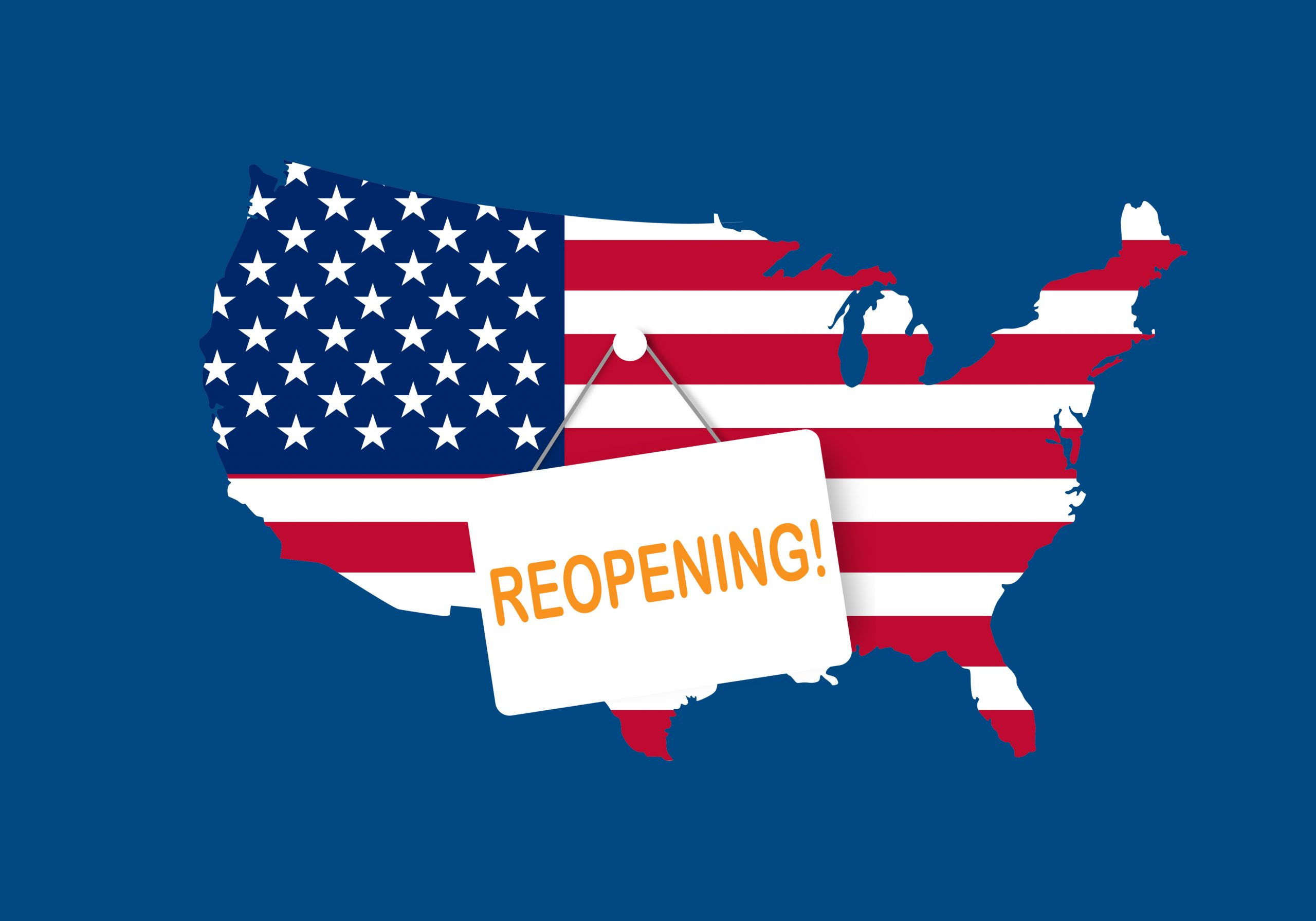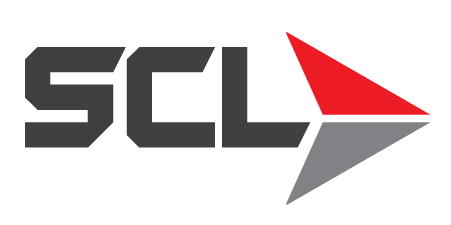California Reopening Guidelines Require Businesses to Ensure Safety, Limit Contact

Sector-by-Sector Rundown Shows Employers Required to Provide
Face Coverings, Disinfectants and Other Specifics by Industry
As Gov. Gavin Newsom and state officials continue to roll out California’s Resilience Roadmap, businesses identified in stage 2 are now opening their doors – county by county – with adapted operations to account for a “new normal.”
Under the guidance of counties, businesses are tasked with following blanket state guidelines that apply to all sectors as well as specific regulations for each industry. The following provides a sector-by-sector overview of requirements, as well as links for checklists that can be helpful for partners in each industry.
“We want to make sure our customers know these guidelines and have the tools and resources they need to properly implement them in their places of business,” said SCL General Manager Travis Becktel. “The last thing we want is for businesses to start making headway once they reopen only to be hit by fines or penalties that could come from violations of these guidelines. And, perhaps most importantly, we don’t have any of our partners to inadvertently compromise the health and safety of their employees or their customers.”
Although penalties for violating guidelines vary by county – and some counties have been granted special permission by the state to move faster than stage 2 – abiding by the new regulations will help ensure doors stay open and partners can move forward.
STATE GUIDELINES FOR ALL BUSINESSES
According to the state of California’s Coronavirus (COVID-19) Response, before any business opens its doors – regardless of whether that business is permitted to open – it must do the following:
- Perform a detailed risk assessment and implement a site-specific protection plan
- Train employees on how to limit the spread of COVID-19, including how to screen themselves for symptoms and stay home if they have them
- Implement individual control measures and screenings
- Implement disinfecting protocols (including hand washing stations)
- Implement physical distancing guidelines
That means written plans, employee education on preventing the spread of COVID-19, on-site hand washing stations or hand sanitizer supply, and required face coverings.
When it comes to balancing expenses that come with implementing those changes, some small businesses have elected to pass those costs on to customers.
INDUSTRY SPECIFIC GUIDELINES BY SECTOR
Included within the overviews for each industry sector are specific regulations from the state of California for businesses in agriculture, construction, delivery services (trucking), manufacturing, ports and automobiles.
Agriculture: In addition to providing employee training on preventing the spread of coronavirus and proper self-screening procedures and protocol, farms, nurseries and other businesses within the agricultural sector are required to thoroughly clean all high-traffic areas between shifts, limit the sharing of tools and equipment, provide time for workers to implement cleaning practices or secure a third-party to assist in cleaning. They must also stagger breaks, purchase and use cleaning solutions approved by the EPA; implement social distancing during deliveries/pick-ups/employee interactions; hold meetings outside at 6-feet apart or virtually whenever possible; place additional space between workers in enclosed areas; install Plexiglas or other barriers between work stations; close break rooms and encourage deliver or lunches packed from home; and more. A full checklist can be found here.
Construction: Regulations within the construction industry are fairly similar to those specific to agriculture, although they do explicitly state a plan and evaluation should be done on each job site to ensure prevention and safety procedures are followed. When in the vicinity of others, workers are also highly encouraged to wear face coverings and disposable gloves when hand washing is not readily available. Non-employees entering the job site should also be limited to those classified as essential by management and must complete temperature and symptom screenings upon entering. Any employer-owned equipment or protective gear like face shields and hard hats must be sanitized at the end of every shift, and job sites should also stagger work and limit overlap of crews. A full checklist for construction requirements can be found here.
Delivery Services: For delivery services, including fleets, where drivers report to a central office prior to beginning their shift, temperature and symptom checks must be conducted by employers. Although having workers self-report symptoms from home each day is optional, employers must provide protective equipment like face coverings and gloves to all drivers. Vehicles should also be cleaned between delivery routes (steering wheels, door handles, gear shifts, etc.) and protective barriers such as seat covers should be utilized in shared vehicles. According to the guidelines, “workers should wipe down and disinfect equipment, pens, clipboards, and electronic signature pads after each use when shared with customers while performing a delivery.” Acknowledging that normally accessible restrooms on rooms will be closed, employers must also provide alternative restroom locations and allow time for employees to use them. A full checklist of all requirements can be found here.
Manufacturing: Guidance for the manufacturing industry states that in addition to the employee screenings described above, businesses within that sector are responsible for providing personal protective equipment like face coverings and disposable gloves. Equipment like headsets and keyboards should be assigned to individual employees (and not shared), and should be disinfected between shifts. Designated entry and exit locations should be clearly marked in all facilities, and on-site guests should be limited. Essential visitors should adhere to wearing face coverings as well. A full checklist of all requirements, which also includes many of the practices described in the sectors above, can be found here.
Ports: In addition to providing employee training and personal protective gear like other industries, businesses within the port sector are also required provide resources to “promote employees’ personal hygiene” like tissues, no-touch trash cans, hand soap, alcohol-based hand sanitizers and disposable towels. Transaction time between port workers, warehouse employees and transportation personnel should be limited. All gate check-ins and paperwork should be performed digitally, if possible, and port commission meetings should be held virtually. All drivers and non-employees at terminals should follow all COVID-19 precautions as well; easily understood signs should be installed indicating those upon port entry. All school and business boat tours should remain closed to the public, and pedestrian access at facilities and promenades should be controlled. A full checklist can be found here.
Automobiles: The automotive industry makes up a large portion of SCL customers, and as such, we are paying close attention to how these regulations will and are currently affecting our customers. A few touch points with regard to statewide regulations include the requirement of frequent disinfecting of high-traffic areas like showrooms, waiting rooms, credit card machines, standing counters. Break rooms or places where employees are likely to congregate should be closed. Test drives should be limited to only one customer, with dealership representatives sitting in the passenger back seat during drives. Sales and agreements should be moved to digital platforms, when applicable, and customers should be seen by appointment only. Handshakes are also highly discouraged. A full checklist can be found here.
Ultimately, according to the Los Angeles Times, “the governor said that Californians who cannot work from home will be allowed to work in offices as long as their counties allow it and the offices undergo modifications to prevent the spread of the virus.”
PRODUCTS TO STAY ALIGNED WITH STATE GUIDELINES
For SCL partners and state guidelines related to COVID-19, that could mean finding sources for personal protective equipment like gloves, disposable seat covers and floor mats for automotive businesses, and larger quantities of hand sanitizer.
“We’re doing everything we can to make sure our customers are prepared to hit the ground running now or when they are OK’d to reopen under the guide of their county or these state guidelines,” Becktel said. “And when it comes to securing the products they need to make that transition seamless, we have items in stock and we’re also working to secure more options for customers based on their individual needs.”
Contact an SCL Consultant today
In a wide range of automotive, industrial and commercial sectors, SCL remains steadfast on its commitment to product and industry knowledge, performance satisfaction and superior logistics. We protect and optimize the machines that keep our country moving. For more information on how we help can help with services including bulk purchasing or managing inventory, contact an SCL expert today.
